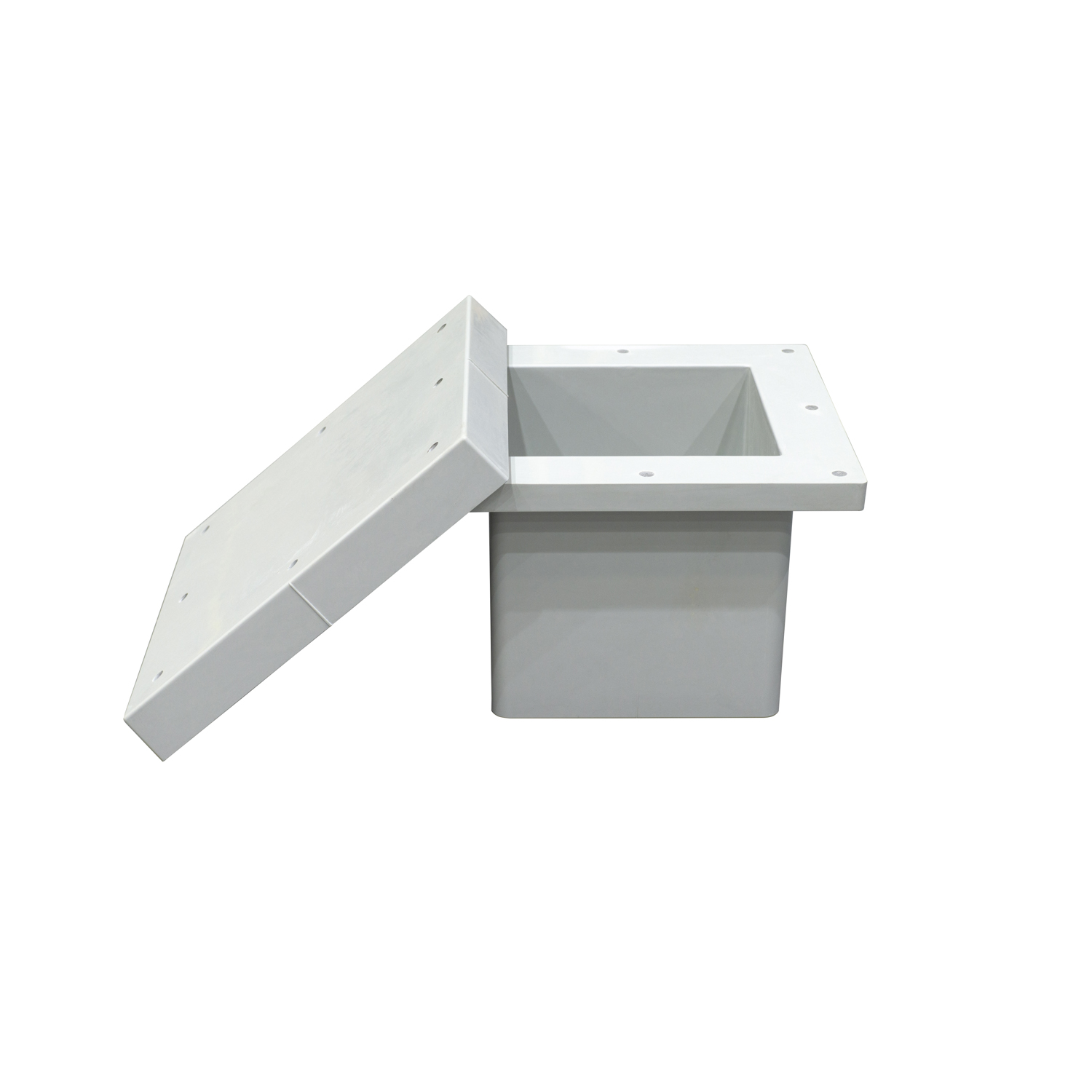Views: 0 Author: Site Editor Publish Time: 2024-03-20 Origin: Site









SMC molding, also known as Sheet Molding Compound molding, is a highly versatile and widely used process in the manufacturing industry. This comprehensive overview explores the intricacies of SMC molding, shedding light on its process and applications. By understanding how SMC molding works, manufacturers can harness its potential to create a wide range of products with exceptional strength, durability, and dimensional stability. Additionally, this article delves into the various applications where SMC molding excels, including automotive, aerospace, electrical, and construction industries. Whether you are new to SMC molding or seeking to expand your knowledge, this article provides valuable insights into this transformative manufacturing process and its diverse applications.
SMC molding, also known as Sheet Molding Compression, is a highly efficient and cost-effective method used in the manufacturing industry. This process involves the compression of fiberglass and other composite materials to create intricate and durable products. SMC molding has gained popularity in various industries, including automotive, construction, and aerospace, due to its numerous advantages.
One of the key benefits of SMC molding is its ability to produce complex shapes with high precision. The fiberglass material used in this process allows for intricate detailing, making it suitable for manufacturing components that require specific design specifications. Additionally, SMC molding offers excellent dimensional stability, ensuring that the final products meet the required tolerances.
The SMC molding process begins with the preparation of the raw materials. Fiberglass, along with other additives such as fillers and pigments, is mixed with a thermosetting resin. This mixture is then transferred onto a preheated mold. The mold is designed based on the desired shape and dimensions of the final product.
Once the mixture is placed in the mold, it undergoes compression. This compression process helps to evenly distribute the mixture and remove any air bubbles, ensuring a uniform and high-quality end result. The mold is then heated, allowing the resin to cure and harden. This curing process creates a strong and durable product that can withstand various environmental conditions.
SMC molding offers several advantages over traditional manufacturing methods. Firstly, it allows for the production of lightweight yet strong components. The fiberglass material used in SMC molding is known for its high strength-to-weight ratio, making it ideal for applications where weight reduction is crucial, such as in the automotive industry.
Furthermore, SMC molding offers excellent corrosion resistance, making it suitable for outdoor applications. The final products can withstand exposure to harsh weather conditions without deteriorating or losing their structural integrity. This makes SMC molded components ideal for use in architectural projects where durability is a key requirement.
SMC molding, also known as sheet molding compression, is a widely used manufacturing process in various industries. This technique involves combining fiberglass and other materials to create strong and durable products. The applications of SMC molding are vast and diverse, making it an essential process for many companies.
In the automotive industry, SMC molding is utilized to manufacture various components such as bumpers, hoods, and body panels. The lightweight yet sturdy nature of SMC molded parts make them ideal for improving fuel efficiency and reducing vehicle weight. Additionally, SMC molding allows for intricate designs and precise molding, ensuring the production of high-quality automotive parts.
Another sector that benefits greatly from SMC molding is the construction industry. Architects and engineers rely on SMC molded products for their exceptional strength and resistance to harsh weather conditions. SMC molded panels are commonly used in the construction of building facades, providing both aesthetic appeal and durability. The versatility of SMC molding allows for the creation of complex architectural designs, making it a preferred choice for modern construction projects.
Beyond automotive and construction, SMC molding finds applications in various other industries. In the electrical sector, SMC molded enclosures are utilized to protect sensitive equipment from environmental factors and ensure proper functionality. The telecommunications industry also benefits from SMC molding, as it allows for the production of durable and lightweight equipment such as antenna covers and satellite dishes.
The advantages of SMC molding extend beyond the physical properties of the molded products. This manufacturing process offers cost-effective solutions for companies, as it enables efficient production and reduces material waste. The ability to achieve intricate designs and shapes with SMC molding also contributes to its popularity in various industries.
SMC molding is a highly efficient and versatile manufacturing process that offers numerous benefits. It allows for the production of complex shapes with high precision, while also providing lightweight and durable components. SMC molded products are widely used across various industries for their excellent dimensional stability and corrosion resistance. This process continues to revolutionize the manufacturing process and contribute to the development of innovative and reliable products in industries such as automotive, construction, and aerospace. SMC molding is a versatile and widely used manufacturing process that finds applications in numerous industries. It offers exceptional strength, durability, and cost-effectiveness in sectors like automotive, construction, and electrical. SMC molding is a preferred choice for companies looking to produce high-quality products due to its ability to create complex designs and precise molding.
+86 13913647707 / 13915651436


